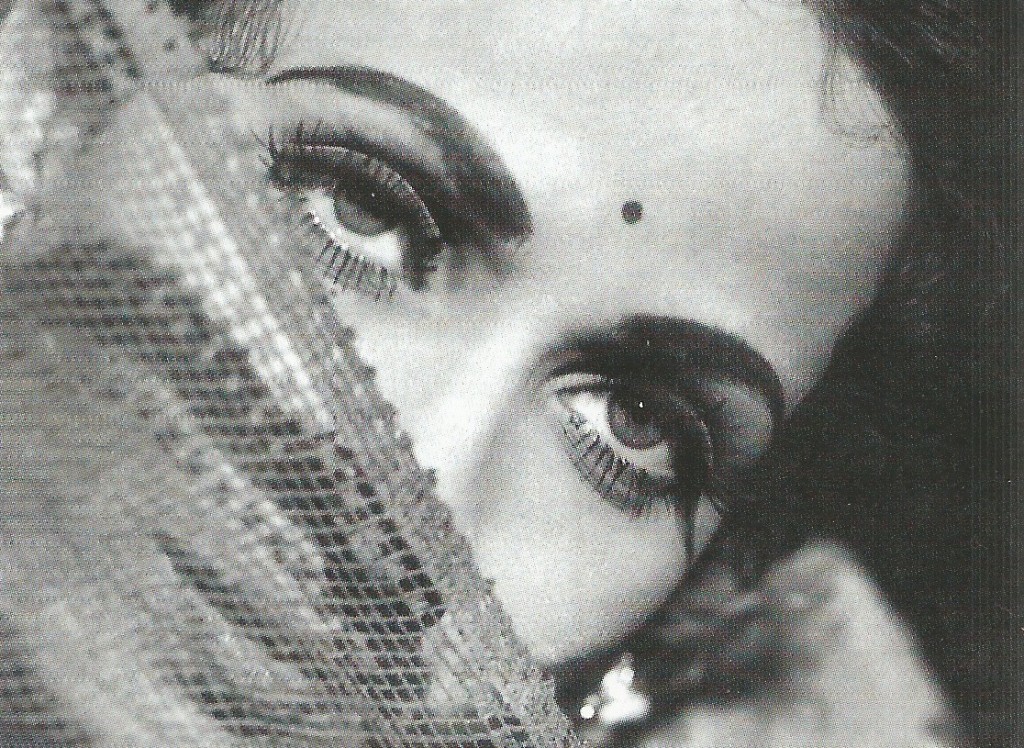Veteran Marathi and Hindi actress Vanmala will always be associated with her roles in the landmark films, Sikandar (1941) opposite Prithviraj Kapoor and in particular the title role in Shyamchi Aai (1953), the first film ever to win the Best Film Award when the National Awards were instituted for Indian Cinema in 1954.
Vanmala was born Susheela Devi Pawar on May 23rd, 1915 in Ujjain. She began her movie career in the late 1930s, following her graduation and already having become a teacher in Pune’s Camp Education Society. She entered films at a time when it was considered taboo for women from respectable families to work in films though women like Devika Rani and Durga Khote had started working in films by then. It was V Shantaram who encouraged her to come into the film industry as an actress. Vanmala went on to become a popular actress in both – Hindi and Marathi Cinema. But it was not easy. It is said her strict father, Bapurao Pawar, connected to the ruling family of Gwalior, sought banning her films in Gwalior and legend has it that apart from cutting off all ties with her and banning her entry in Gwalior, he even fired a gun at the screen when Vanmala made her first appearance on the silver screen!
Vanmala began her career with the Marathi film Lapandav (1940). At the film’s premier, she met the great Sohrab Modi, who cast her in his epic historical film, Sikandar (1941). Among her Hindi films, Vanmala will always be best remembered for Sikandar and Sharbati Ankhen (1945), directed by Ramchandra Thakur for Wadia Movietone. In the former, she plays Alexander the Great’s love interest, a Persian woman, Rukhsana, who fearing for Alexander’s life, extracts a promise from Porus that he will not harm Sikandar. Vanmala made a major impact in the film. Her beauty, coupled with her light-coloured, lively eyes, took the audiences’ breath away. The film itself was a huge spectacle – its lavish mounting, colossal sets and production values equalling the best of Hollywood then, particularly its rousing and spectacular battle scenes. It was rated by a British writer as, “…well up to the standard of that old masterpiece The Birth of a Nation.”
In Sharbati Ankhen, a noirish tale, her eyes were again used to mesmerising effect, with the film so aptly titled, one feels, after her! The film has some of the earliest songs sung by Mohammed Rafi in his career including Pyar Karna Hi Padega and Bahut Mukhtasar Hai Humari Kahani. The music for the film was done by Feroz Nizami who went on to compose unforgettable music in a hat-trick of films with the great Noor Jehan – Jugnu (1947 in India and Chan Wey (Punjabi) (1951) and Dupetta (1952) in Pakistan.
However, the one role that undoubtedly immortalized Vanmala forever was the title role in the National Award winning Marathi film, Shyamchi Aai, directed by PK Atre, with whom, it is said, she was involved. The film, regarded as a cult classic today, is based on one of the most influential Marathi novels of the 20th century (1935), a fictionalised account of the childhood years of Sane Guruji (1899-1950). A nationalist influenced by Vinoba Bhave and especially Gandhiji, he was imprisoned repeatedly for his work among the peasantry and participation in the Quit India agitations. His book, Shyamchi Aai, written in jail, has 45 episodes in which Shyam, a youth living in poverty in Konkan, recalls the teachings of his mother, a devoutly religious person with an earthy and practical philosophy. The hit film has remained a generic landmark in Marathi Cinema and especially so for Vanmala’s maternal prototype. Actor Madhav Vaze, who played the role of her son Shyam in Shyamchi Aai, recalls Vanmala as a woman of few words. “Her actions spoke for her. She was well-educated and a cultured woman who belonged to a noble family from Gwalior,” he said.
Her father finally decided to forgive her but on the condition that she leave the film industry. So after Shyamchi Aai and Angarey (1954), Vanmala gave up the film world permanently.
Some other films that Vanmala acted in include Payachi Dasi (Marathi)/Charnon Ki Dasi (Hindi) (1941), Vasantasena (1942), Dil Ki Baat (1944), Parinde (1945), Hatim Tai (1947), Beete Din (1947) and Azadi Ki Rah Par (1948).
The supposedly demure Vanmala was a staunch Nationalist and was deeply involved in the freedom movement along with stalwarts like Aruna Asaf Ali and Achyut Patwardhan. She was also involved in several social causes and was a member of the Chhatrapati Shivaji National Memorial Committee, besides running a school to train children in traditional Indian arts and culture, The Haridas Kala Sansthan.
Vanmala, who had been suffering from cancer, passed away in Gwalior on May 29, 2007.



Good Evening,
A very good article.
Vanmala a very beautiful actress and also a very highly educated lady with BA and continued halfway to Masters.
https://www.youtube.com/watch?v=_6oY2ZEiFU4
Hindi Full Movie Sikandar 1941 | Prithviraj Kapoor, Sohrab Modi | Classic Hindi Movies
May her soul rest in peace.
Regards